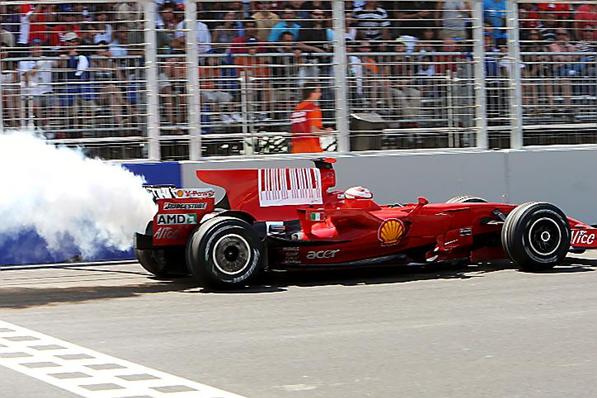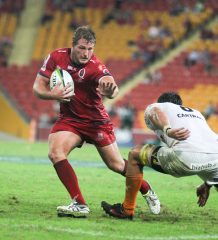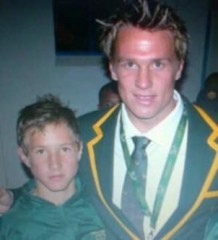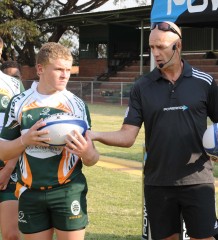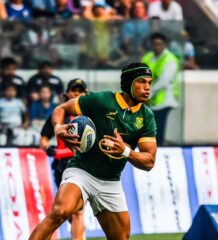“Would You Put 2 Stroke In Your Ferrari?”
“Would You Put 2 Stroke In Your Ferrari?”
Jo Clarence (Registered Counsellor)
16 May 2013
“Champions aren’t made in the gyms. Champions are made from something they have deep inside them — a desire, a dream, a vision.”
-Muhammad Ali (World HeavyWeight Champion Boxer)
Others will say that if you want to be a champion that you need to choose your parents, as it is genetics that plays the main role. This is not an article on nature but rather on “what does it take to become a great athlete?”. Yes genetics do play a role in how talented you are, however great athletes have the desire to be the best they can be. A former Western Province fast bowler, Adrian Holdstock says champions require the principles of desire, self belief and self discipline and maximum performance can be achieved if the three are operating concurrently.
Once an athlete has the desire to be great and the desire to dominate their sport they commit to it through time, training and sacrifice. Sacrificing social time and family time in order to commit to their goal. Nobody said being a great athlete would be easy but all great athletes make sacrifices. It requires determination to overcome obstacles as they understand the bigger picture. Great athletes are highly motivated from within and understand the importance of practice and constant hard effort.
So with all the hard work, sacrifices, discipline and dedication to training I think it is important to understand and be aware of the impact that substances have both psychologically and physically on performance.
Dr Sherylle Calder from EyeGym suggests that in order to have the edge on an opponent, high performance athletes should be striving to achieve skills such as quick responses, good peripheral awareness, good concentration, sharp co-ordination (catching & passing), great timing and ball striking ability, good judgement skills and spatial awareness, quick decision making, high level of technical and tactical skills and the ability to focus for long periods. All of these skills are best achieved in a healthy state of mind and body. If you add alcohol to the mix this is how you can hinder your performance….
Physical effects of alcohol on sports performance
If you have been drinking 24 hours before your sporting discipline, you are at greater risk of your muscles cramping because during exercise, your muscles burn sugar, thereby producing lactic acid. Too much lactic acid leads to muscle fatigue and cramps. Alcohol affects the body’s ability to create energy therefore, it slows down reaction times, increases body heat loss and reduces endurance. After exercising, the body needs to be rehydrated. It’s not helpful to drink only alcohol as it will continue to dehydrate the body further. If you sustain injury while exercising, and you have had alcohol the night before or drink any alcohol afterwards (while injured), you are likely to increase your recovery time significantly.
Psychological effects of alcohol on sports performance
Alcohol is a central nervous system depressant and creates fatigue. Misusing alcohol twelve to twenty four hours before a game or race can interrupt your levels of concentration and reduce your reaction time. So when you need to be alert and make quick decisions consumption of alcohol can negatively affect your performance.
Heavy drinking in some individuals can cause “black outs”, where memory loss is experienced and this can create feelings of uncertainty, anxiety and affect self confidence. This state of confusion disrupts the focused mind that is required to be a successful athlete.
Knowing what it takes to achieve, and knowing what time and effort it takes to be the best athlete that you can be, I am suggesting that you think before you drink as it will negatively affect your performance on so many levels. Is it worth it?
I will be holding a talk in Johannesburg on on Wednesday 22 May 2013 on “ Effects of substances in sports performance”. This includes food, alcohol, illicit drugs and performance enhancing drugs. Please book by emailing Jo at upupandaway@telkomsa.net.
Related Posts
« Schools boys given the opportunity to train with a rugby legend DHL Stormers tour update »


